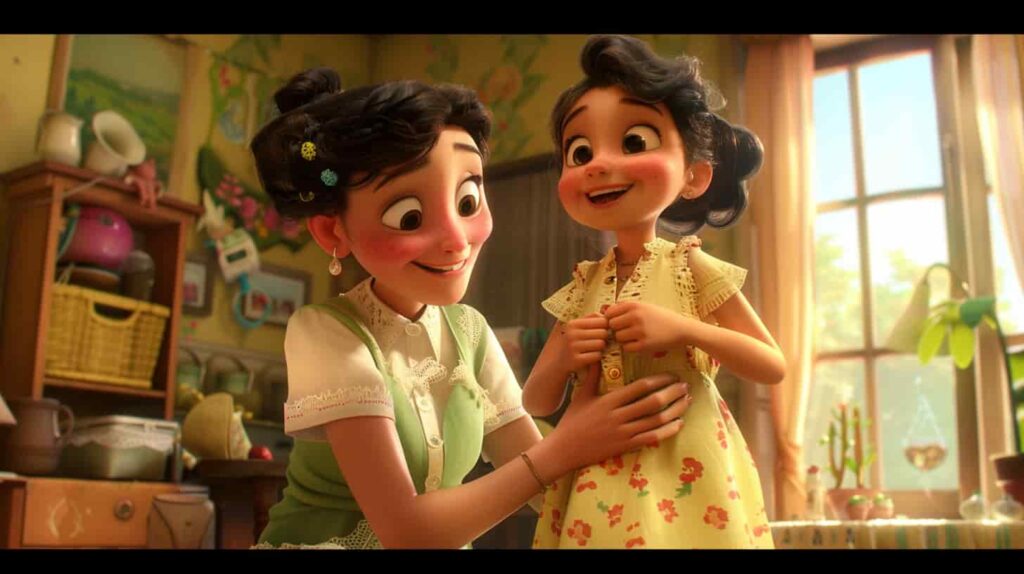The term “helicopter parents” emerged in the 1960s to describe parents who are overprotective of their children. These parents are often very involved in their children's lives, closely monitoring and intervening to solve their problems. They can also be very demanding of their children, setting high expectations for them and pushing them to succeed.
Characteristics of Helicopter Parents
Helicopter parents often exhibit the following characteristics:
- They are very involved in their children's lives, following them closely and making sure they are safe and happy.
- They are very protective towards their children, often preventing them from taking risks or experiencing failure.
- They are very demanding towards their children, setting high expectations for them and pushing them to succeed.
- They are truly “controlling”, generally wanting to decide everything for their children.
- They tend to solve problems of their children in their place, not giving them the opportunity to learn from their mistakes.

The motivations of helicopter parents
Helicopter parents are motivated by a number of factors, including:
| love and worry | They want to protect them from harm and give them the best life possible |
| Fear of failure | They worry that their children won't succeed or be happy if they don't help them. |
| The desire for control | They want to feel like they have control over their children's lives and make sure they make the right choices. |
| social pressure | They may feel pressured to be helicopter parents by pressure from other parents or society in general. |
The consequences of parental hyperprotection
Parental overprotection can have a number of negative consequences for children, including:
- A lack of autonomy. Children raised by helicopter parents may have difficulty fending for themselves and making their own decisions.
- A lack of self-confidence. They may not believe in their own abilities and be afraid of taking risks.
- Social adaptation difficulties. They may have difficulty making friends and integrating into social groups.
- Mental health problems. They may be more likely to suffer from anxiety, depression and stress.

How to avoid being a helicopter parent
If you're worried about being a helicopter parent, there are steps you can take to address it:
- Let go. Allow your children to make their own decisions and have their own experiences, even if it means they make mistakes.
- Trust your children. Believe in their skills and encourage them to take risks.
- Encourage independence. Give your children the opportunity to do things for themselves and stand on their own two feet.
- Communicate with your children. Talk to them about your expectations and concerns, also letting them express their own opinions and feelings to you.
- Ask for help. If you're having trouble letting go, don't hesitate to seek professional help.
In summary
Being a parent is a difficult challenge, and there is no one solution that fits all. This is why it is essential to find a balance between protecting your children and allowing them to grow up and become autonomous adults. If you fear being a helicopter parent, there are steps you can take to fix it. Remember, the ultimate goal is to help your children become happy, fulfilled adults.
